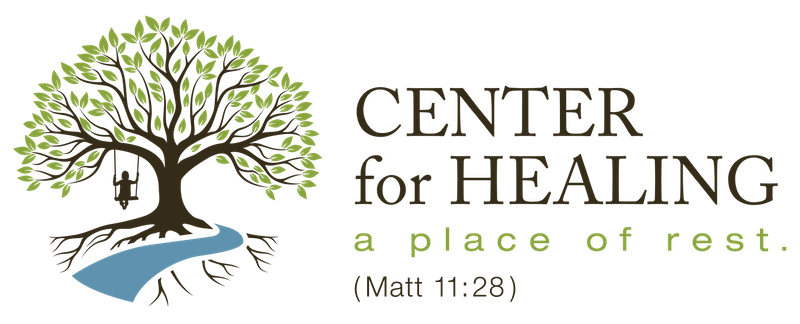
Most people have some understanding of vulnerability as a necessary step to deep and satisfying connection with others. From the explosive popularity of the work of Brene Brown to the hundreds of articles, podcasts, etc devoted to this topic, it’s easy to see that as a culture we at least pay a lot of lip service to this idea of vulnerability. In the Christian life, an open and unreserved heart before God is a fundamental requirement of deep relationship with God. As the Psalmist says, “You have searched me, O Lord, and you know me” (Psalm 139:1-2). For many of us, though, it can stay in the realm of idea rather than moving into our lived experience. It is harder to do than to talk about (shocker!). To be vulnerable is to allow another to see part of our heart, and that carries an inescapable risk of not being as seen, received, and cherished as we so deeply desire to be. It can often feel as though the risk of vulnerability is not tolerable because the potential cost is our very self. In other words, though we may value vulnerability, admire it when we see it in others, and even have positive experiences of engaging it ourselves, many of us simply find it too unsafe to attempt often and so we resort to more protective modes of operating even with those we love. Thus we can remain blocked from the possibility of deeper, more satisfying, and more human encounters with others. How do we gain the safety and an anchored enough sense of self to reach more in relationship with God and our fellow humans?
One simple and surprisingly powerful exercise for stretching this vulnerability muscle comes from the field of somatic psychology. As Dr. Arielle Schwartz explains, “somatic psychology proposes that our movement patterns influence our sense of who we are in the world. When we feel safe, we can relax, move freely to explore our world, reach out for what we want, and push away what we do not want. However, when we do not feel safe, we are not able to access a sense of safety through the body. This can disrupt our ability to sleep deeply, protect ourselves, feel or express our emotions, and communicate our needs to others” (2021, p. 110). Somatic psychology can help the person “reclaim a nourishing relationship to ourselves and others through what is known as the satisfaction cycle (Aposhyan, 2007), which involves five phases: yielding, pushing, reaching, grasping and pulling” (Schwartz, 2021). It is helpful to spend some time focusing on each of these phases separately. In this post, I will offer a brief guide on the first of these: yielding.
Yielding is about surrendering your weight into gravity. One might think of a baby resting safely and securely in the arms of a trustworthy parent. Though this may not sound like something that needs to be practiced, many people experience childhood attachment disruptions that move them into a chronic fight or flight state of bodily tension or a frozen state of collapse. Yielding on the other hand requires a more relaxed engagement of the muscles which can help a person attune to their body’s relationship to the outside world. It makes sense that many people might arrive at adulthood in need of repairing this capacity to yield.
To practice yielding, sit on a chair or couch and attend to your connection with what is supporting you. Sense the chair supporting you from below. See if you can let yourself feel the support of the back of the chair. Notice any tensions that are present in your body and which prevent you from allowing yourself to be supported. Notice if instead you feel compelled to move into collapse. Notice any emotions that come up for you as you engage this simple process. If so, what emotions are they (for example, tension, fear, release)?
This practice is one simple and concrete help as you learn how to yield in places of safety and trustworthiness. If your life experience has been short on those, be encouraged that a simple step like this one can help bridge the gaps. God has designed us as enfleshed creatures and he saves us through, not in spite of, our bodies!
Peace,
Anna Heschmeyer, MS PLMFT



